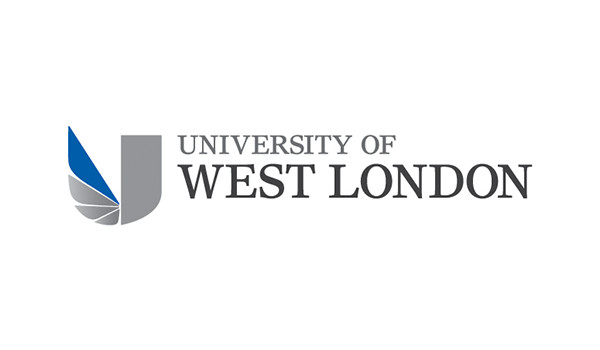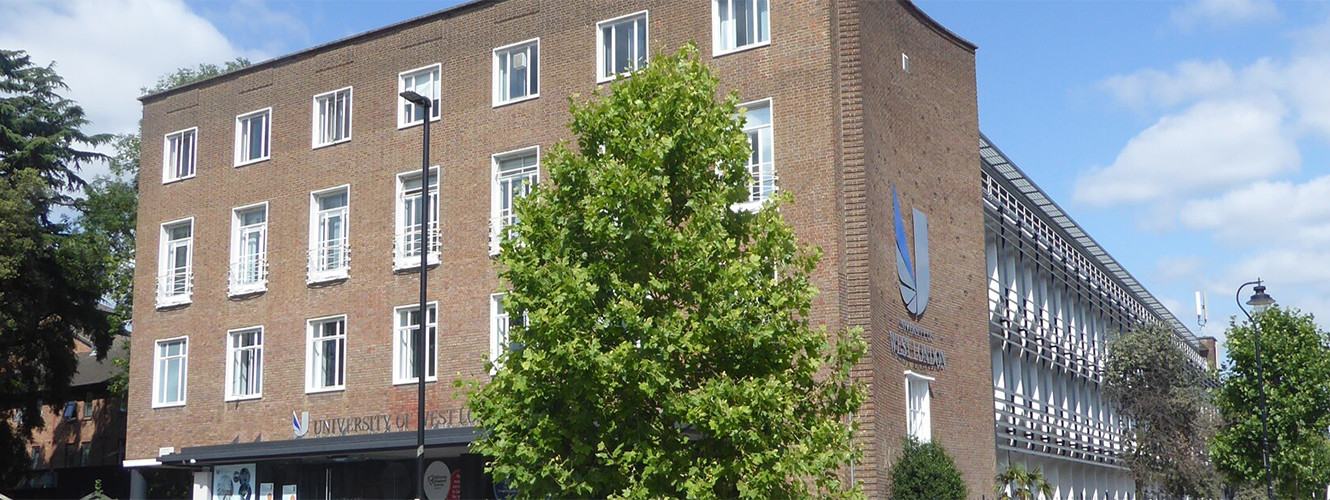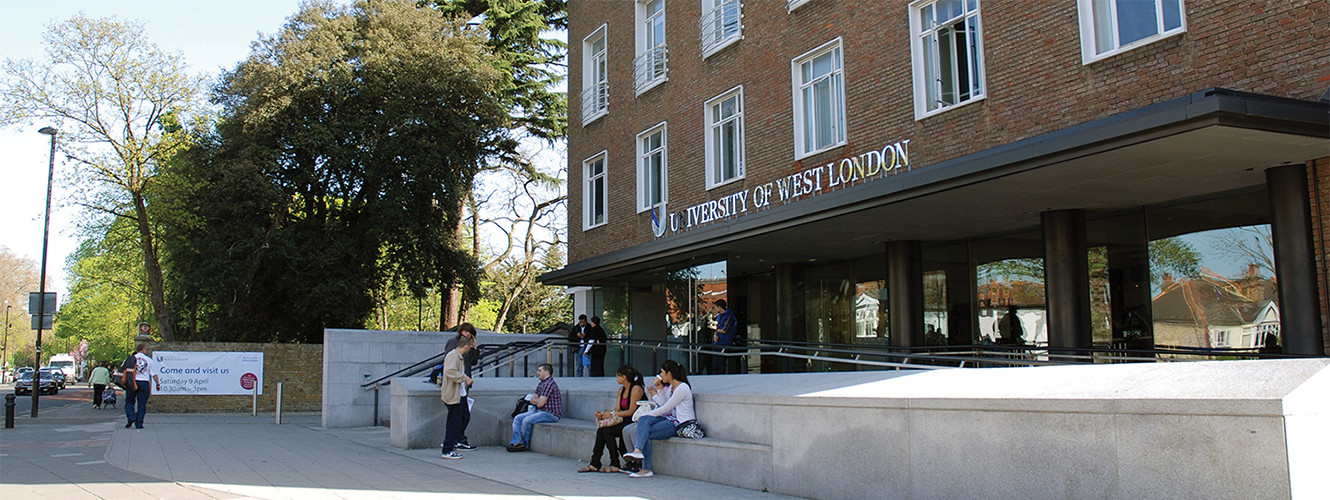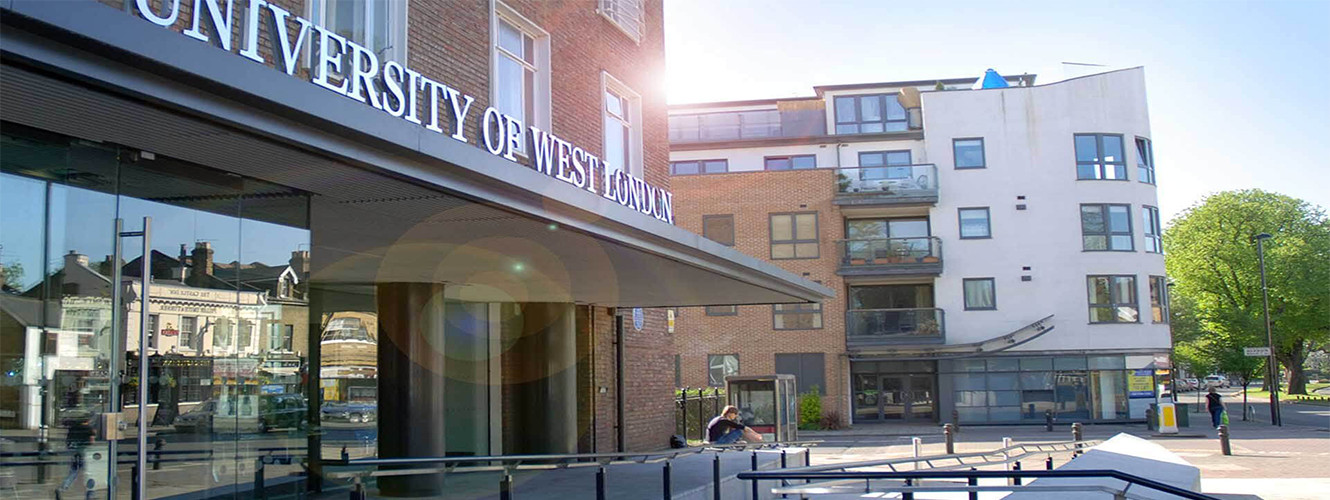UK20 MSc Civil Engineering University of West London
-
THÔNG TIN CHUNG
Over the various core and optional modules of the MSc Civil Engineering course, you will learn mathematical and statistical methods/techniques proficiently for the analysis of engineering problems. The course will also enable you to use analytical methods and modelling tools for analysis and design of civil engineering structures. The course will also provide opportunities for you to demonstrate your ability to apply relevant analytical and experimental skills for analysis and design of civil engineering structures under technical uncertainty.
In this course, you will also be able to expand your knowledge in various fields of civil engineering including structural engineering, construction engineering and management, geotechnical engineering, transportation engineering, urban water and hydraulic engineering, environmental engineering and civil engineering systems.
Throughout the course, we will help you to develop your ability to use modern IT skills, modelling techniques to solve complex problems. You will have access to dedicated computing labs and other civil engineering labs including soil mechanics lab, concrete lab, hydraulics lab and non-destructive testing centre, as well as a range of digital resources and computer modelling tools.
All core and optional modules of the course are 20 credits except Dissertation which is 60 credits. You will need to do 120 credits through taught modules that include four core modules and two optional modules out of four ones.
In the final stages of your course, you will complete your dissertation which fall within one of the above main subject areas of civil engineering. You can choose the subject of your dissertation in any areas of the expertise of the teaching staff in the course team and take your dissertation under their supervision. You will have the opportunity to demonstrate a sound understanding of engineering principles and apply the research skills you have developed to an independent piece of work that investigates a complex problem or project in civil engineering. Due to wide range of expertise from the teaching staff, the dissertation can be defined as a multi-disciplinary or inter-disciplinary project which is high on the agenda in the contemporary Civil Engineering projects. You will learn how to use the analytical methods and modelling techniques to solve a complex problem which normally covers different aspects of the wider engineering context such as economic, social, environmental, sustainability, health and safety and risk management.
-
CƠ HỘI NGHỀ NGHIỆP
On graduation, you can choose to work within the public sector or seek exciting opportunities with private-sector engineering firms.
Alternatively, you may wish to specialise in an area that you are really passionate about and move onto a postgraduate research degree. The School of Computing and Engineering is research-based. We have 30 PhD students and staff with strong research backgrounds, all here to advise and guide you on your chosen career or study path.
- ĐIỀU KIỆN ĐẦU VÀO
- ĐIỀU KIỆN NGÔN NGỮ
- HỌC BỔNG
- ĐỊA ĐIỂM
Tóm tắt
-
Phí ghi danh
0
-
Độ dài khoá học
1 năm
-
Kỳ nhập học
Tháng 9
Phí Cơ Bản
-
Loại Tiền
-
Học Phí
Trên năm -
Phí Sinh Hoạt
Trên năm -
Tổng






